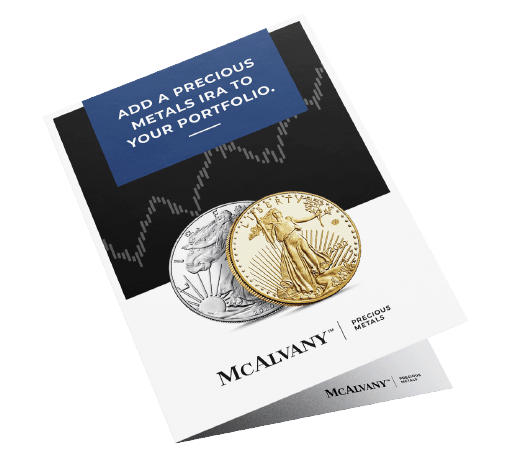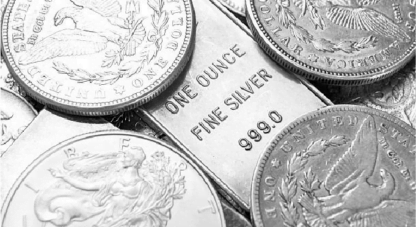Will You Outlive Your Retirement Savings?
How to Ensure that Your Hard-Earned Money Will Last Through Your Golden Years
When you’re considering retirement — or already living the good life — it can be hard to know for certain if you will be financially ready.
If you quit the workforce when you’re in your mid-60s, will you have enough money to fund your lifestyle for 20 years or more?
Generally, financial advisors recommend saving 10-15% of your income each year during your working years. Additionally, most financial planners recommend having saved at least 10 times your current annual income for retirement by age 65.
But the amount of income you need to fund your retirement will vary greatly depending on your lifestyle, desired retirement age, and other factors.

If you want to travel the world, build your dream home, buy a boat or RV, or explore other passions, you may need more savings to cover your desired lifestyle.
You will also have to plan for the unexpected, such as medical expenses and in-home health care if you cannot take care of yourself.
The biggest hurdle to retiring securely is inflation.
How Will Your Retirement Assets Keep Up With Inflation?

Most Americans draw their retirement income from a few different sources, including
- Social Security — about 79% of retirees take some of their income from this benefit. And while year-over-year price changes are used to calculate benefits to keep up with inflation, it’s estimated that retirees have lost about ⅓ of their purchasing power since 2000 — even with adjustments.
- Pensions — about 68% of retirees get pension benefits, typically based on their salary in the last few years of working. Pension benefits do not always add the cost of living adjustments for inflation.
- Interest, Dividends, or Rental Income — about 46% of retirees get income from passive sources. Interest income can sometimes increase favorably with inflation. Dividends are dependent on how much companies have to pay out to shareholders — and can potentially decrease with higher inflation. Rental income depends on the terms of your agreements with tenants — if you can raise the rent, it will keep pace with inflation.
- Cash & Savings — after many years of working, retirees may have a lot of cash saved. Unfortunately, keeping a lot of cash on hand will certainly decrease the purchasing power of those hard-earned dollars. The same dollar saved in 1983 was worth just 37 cents in 2021.
What’s worse is that saving for retirement is more difficult than ever.
We now have to contend with higher inflation and the cost of living rising at the fastest rate in 40 years. Combined with a bear market in equities and post-pandemic supply chain issues, it’s hard enough just keeping up with daily expenses.
How can you tackle these obstacles and still prepare for the retirement you’ve always dreamed of?
Gold and Precious Metals Preserve Your Retirement Assets
Gold has been used as a form of money for thousands of years. Throughout history, gold has been used for coins, jewelry, and other forms of currency.
In the 18th century, the United States began to use gold as a form of money. Gold coins were used in America until 1933 when the U.S. government stopped making them.
In the modern era, gold is still used as a form of currency in some countries. Gold is also used as an investment tool and is often bought and sold in the form of gold bars, coins, or bullion.
Convert Paper Fiat Currency into Real, Tangible Gold

Why keep your money in cash when you can save it in gold instead?
When you turn your dollars into gold coins or bars, you can retain the value of your money without worrying about inflation.
It’s important to note that the US Dollar has lost more than 96% of its purchasing power since 1913. Worse yet, in periods of high inflation, the value of the dollar can plummet so fast that you can’t even keep up with your monthly food and living expenses.
Gold historically has countered inflation, not only retaining its value but appreciating and growing in value over time.
In fact, the US Dollar has lost 86% of its value since 1972 (the year gold ownership was re-legalized), whereas gold has increased 622% in that same time frame.
Gold retains its value and grows over time.
What Are The Advantages of Keeping Gold in an IRA?

There are several reasons why you might want to invest in gold and other precious metals in your IRA:
1. Tax Advantages: Gold held in an IRA is exempt from capital gains taxes, meaning you can benefit from price appreciation without incurring any tax liability immediately.
2. Diversification: Gold is a great way to diversify a portfolio and reduce overall risk. Adding gold to an IRA helps to balance out riskier investments and can help protect against inflation.
3. Portfolio Stability: Gold has a long history of being a stable and secure investment, making it an ideal choice for retirement savings. Gold’s stability can act as a hedge against volatility in other markets, helping to protect your portfolio.
4. Easy to Buy and Sell: Gold held in an IRA is easy to buy and sell. You can work with an IRA custodian to purchase gold and other precious metals for your portfolio.
5. Ultra-Secured Storage: Your gold will be separated in an ultra-secure storage facility. McAlvany partners with Delaware Depository to secure your gold IRA
6: No Need to Take Custody: Because Gold IRAs require an equity-approved custodial service, you won’t have to ship gold to yourself or get your own safe to store it.
Need an IRA Tune Up?
Discover how easy it can be to take charge of your retirement by combining the protection and performance of precious metals with the modern convenience and tax benefits of an IRA.
McAlvany can help you establish a gold IRA, as well as purchase physical gold, silver, and other precious metals with minimal transaction costs.
Your precious metals advisor can help you determine the best plan for your gold IRA and overall portfolio. Over the years, we have maintained excellent relationships with the most reputable vault facilities in the United States, Switzerland, and Canada.
We offer zero commitment, no-obligation consultations with our expert advisors to help you find the right investment strategy.
To get started, contact us for a free consultation: 1-800-525-9556.
Download this full report in PDF by filling out the form below.

















